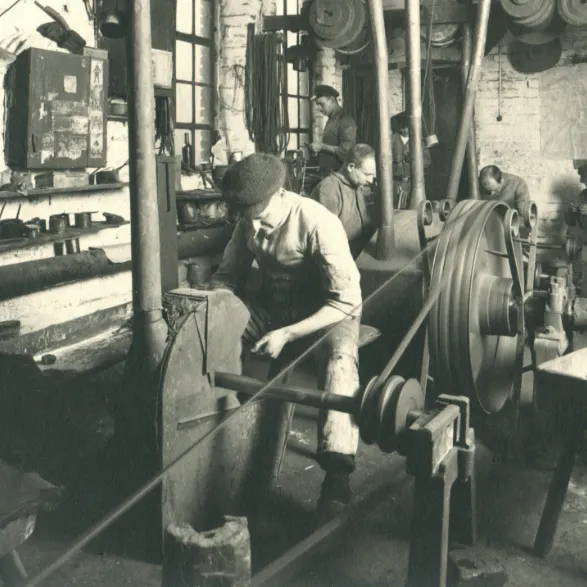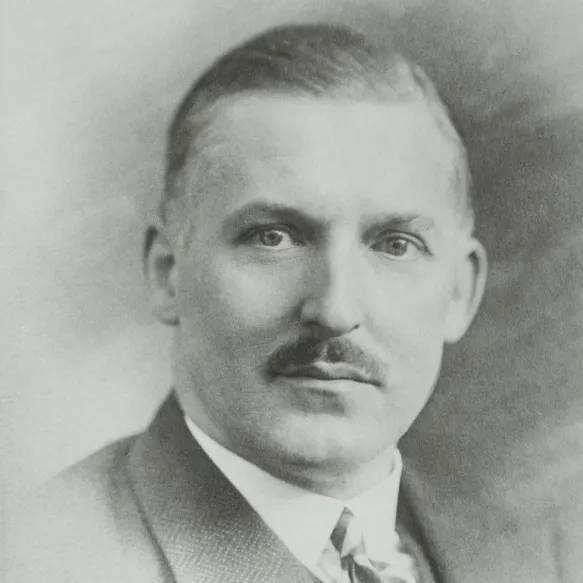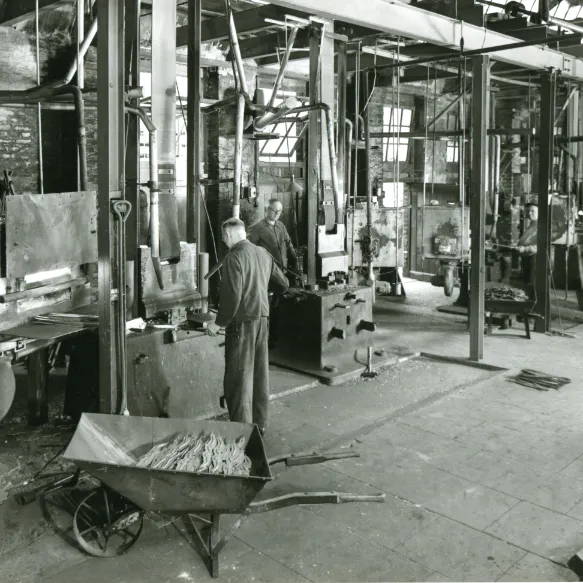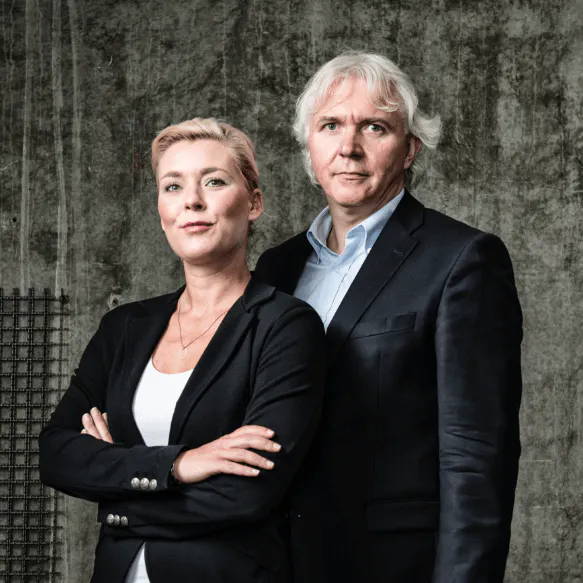Our History
Our History
Manufacturing cutting-edge blades since 1814
Quality Blades
Many people are surprised to discover that, after over 200 years, our company remains in family hands.
Equally unusual is the fact that we have stayed loyal to the City of Blades, and still produce our forged knives only in Solingen, Germany.
We believe that quality knives can only be made where high-precision production meets traditional artisanship, and for that there is no place like home.
Made in Solingen
Production may be cheaper in other international locations, but when it comes to crafting our knives, continuity and long-term vision are important to us. We have spent over two centuries honing both our knives and our technique to perfection, and we employ some of the world’s most skilled knife artisans to ensure that our premium blades are truly extraordinary.


A Family Company Since 1814
Large parts of Europe were still under the grip of the Napoleonic Wars when Johann Abraham Wüsthof founded his “Shears Factory, Steel and Iron Works” in 1814. Calling it a factory was optimistic: day in and day out, our company founder toiled away in an underground cellar, making scissors. Yet Johann Wüsthof's optimism was soon to pay off. Over the years, the company grew and gained greater recognition -- thanks in part to Wüsthof's three sons, who all learned their father’s trade.
One of the sons, Eduard Wüsthof, eventually took over the factory and expanded the range to include 1,200 models of various handmade pocket, bread, vegetable, and butcher's knives. His brother Robert, who managed the business, took the first overseas trip in 1881.
First USA Trip: From Dishwasher to Exporter
A twelve-day ocean crossing awaited Robert Wüsthof, who took two cases of scissors and pocketknives with him in his luggage, dreaming of selling his family’s products in the USA. Robert’s arrival, though, was disappointing: an agent who had made great promises in Germany could not follow through once he had arrived in the states. Robert did not even have enough money to clear his goods through customs.
For several months, Robert managed to keep his head above water with odd jobs – he was a waiter, dishwasher, and glove-launderer – until he met another businessman who was excited by the Solingen-made knives. He ordered double the quantities that Robert had brought with him, sparking a new business relationship that would continue to bring the Wüsthof family’s premium blades to the USA. Meanwhile, in the fertile period of industrialization in Germany, a steam-powered machine was purchased, production was expanded, and a patent application filed for the iconic trident logo.


Honing Our Craft
Over the next century – resisting the old saying “jack of all trades, master of none” – the Wüsthof family decided to concentrate on perfecting the essentials: high-quality, forged knives for both home and professional use. One milestone of this time was the introduction of the now-iconic Classic series, which is still in production today and continues to be WÜSTHOF’s best-selling knife series.
Another landmark moment was the founding of the distribution company WÜSTHOF-TRIDENT OF AMERICA, INC., bringing the business full circle from the steamboat crossing of 1881.
The Seventh Generation
A twelve-day ocean crossing awaited Robert Wüsthof, who took two cases of scissors and pocketknives with him in his luggage, dreaming of selling his family’s products in the USA. Robert’s arrival, though, was disappointing: an agent who had made great promises in Germany could not follow through once he had arrived in the states. Robert did not even have enough money to clear his goods through customs.
For several months, Robert managed to keep his head above water with odd jobs – he was a waiter, dishwasher, and glove-launderer – until he met another businessman who was excited by the Solingen-made knives. He ordered double the quantities that Robert had brought with him, sparking a new business relationship that would continue to bring the Wüsthof family’s premium blades to the USA. Meanwhile, in the fertile period of industrialization in Germany, a steam-powered machine was purchased, production was expanded, and a patent application filed for the iconic trident logo.
